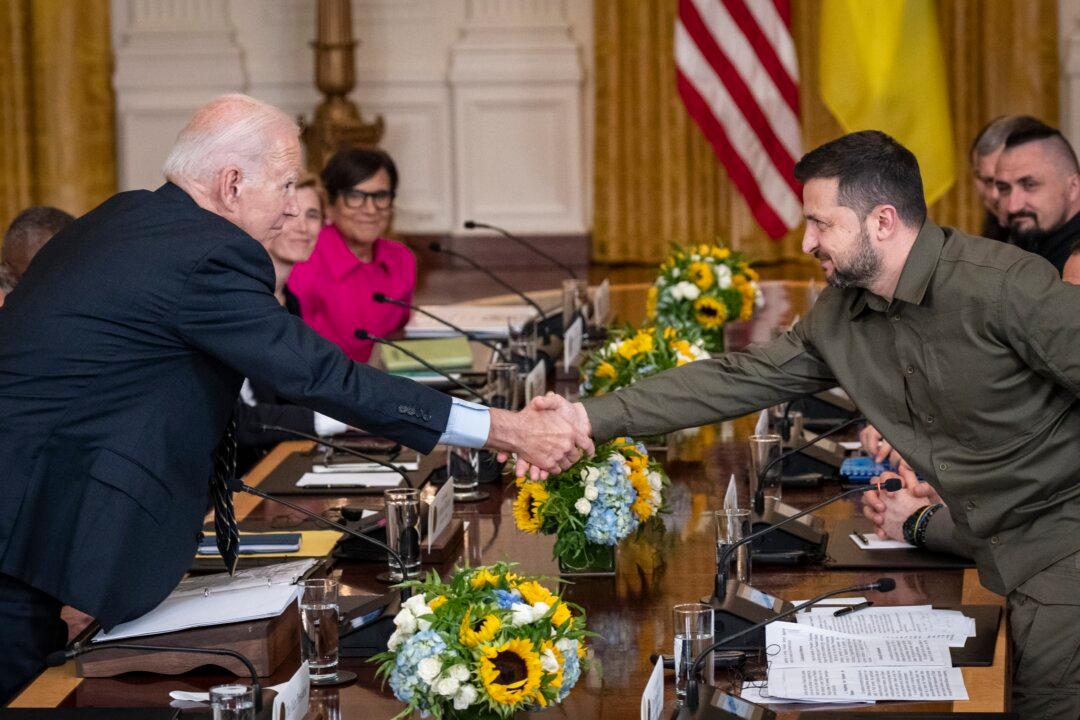Commentary
On Feb. 28, China called for more coordination with Russia in the provision of “security” in the Asia-Pacific and supported Moscow’s upcoming presidency of the BRICS countries, as well as new entrants Saudi Arabia, Iran, the United Arab Emirates, Egypt, and Ethiopia. This, despite Russia’s profound destabilization of global security and trade through its invasions of Ukraine in 2014 and 2022.





